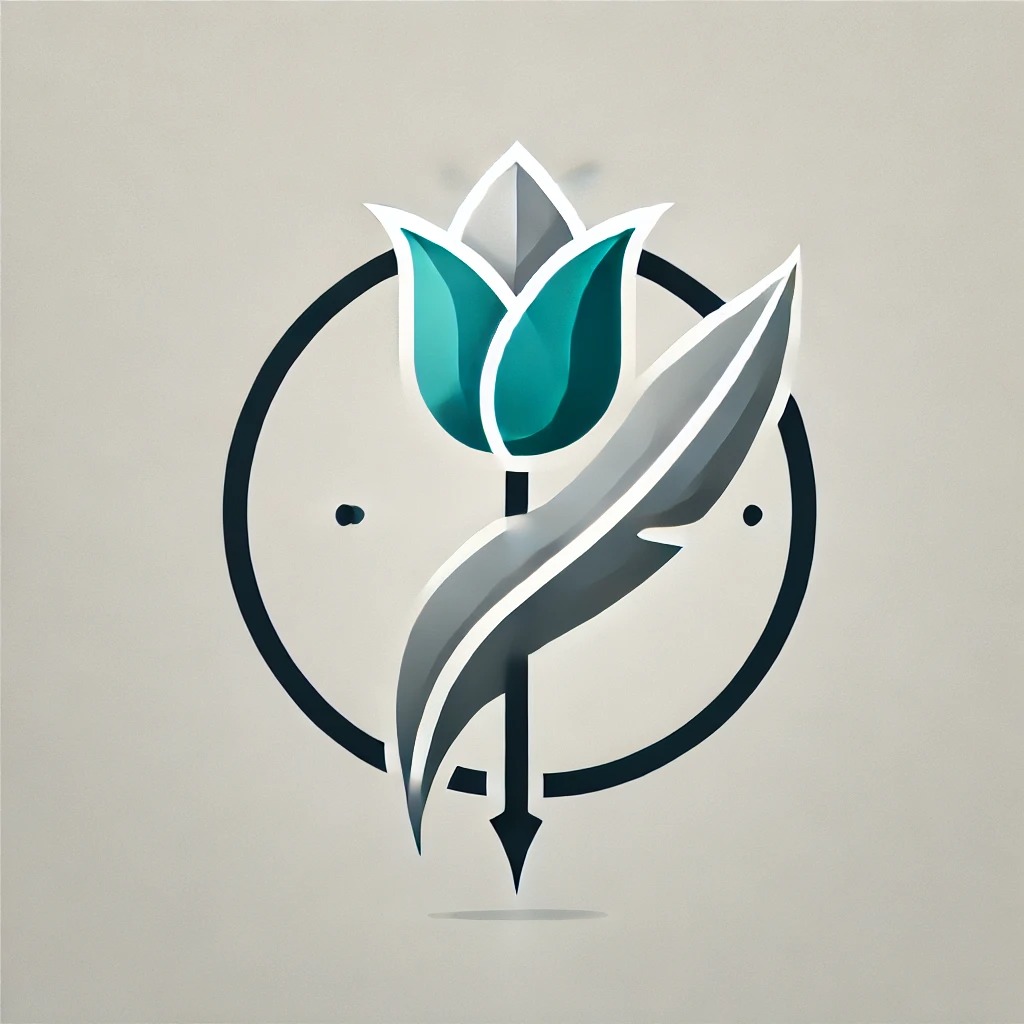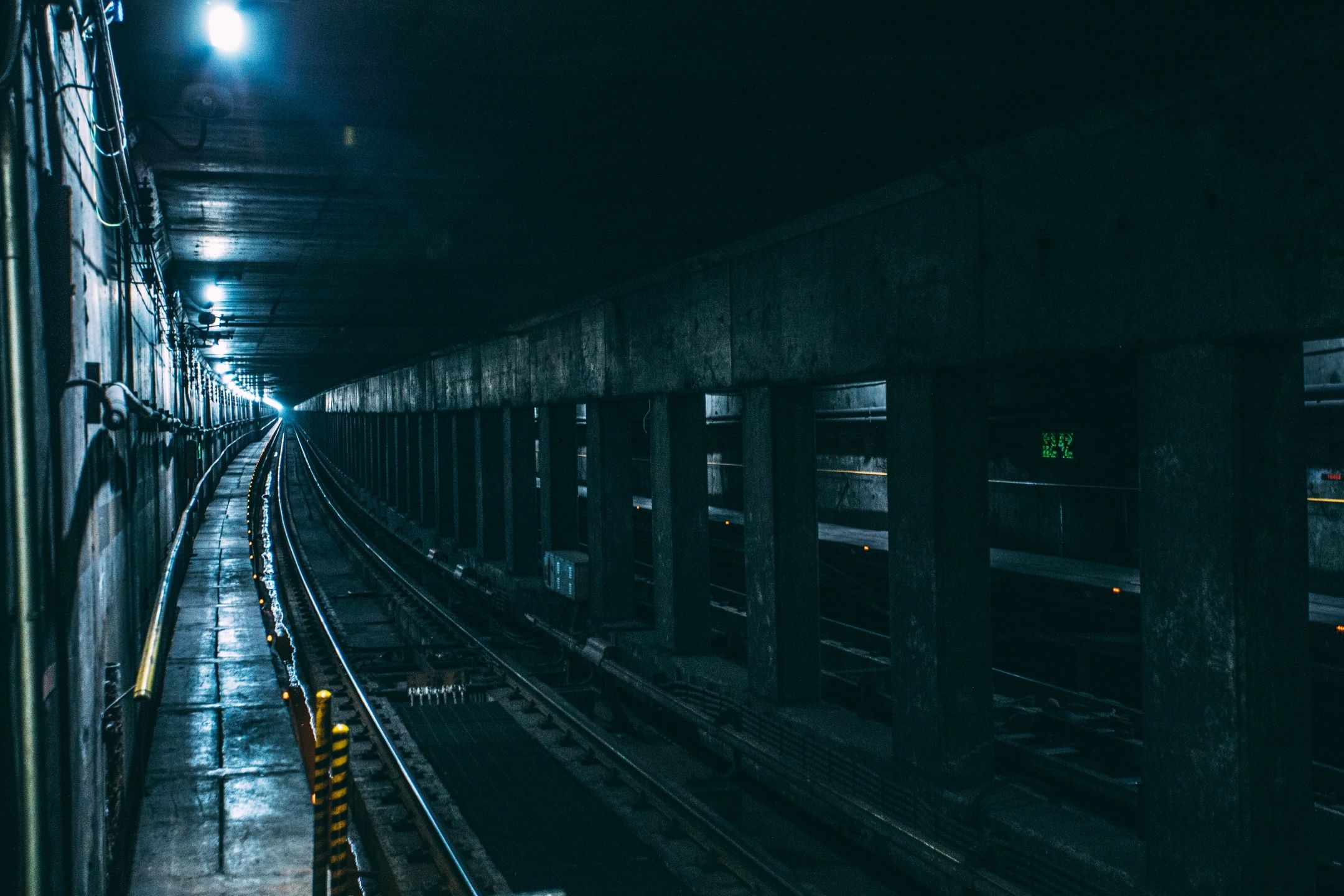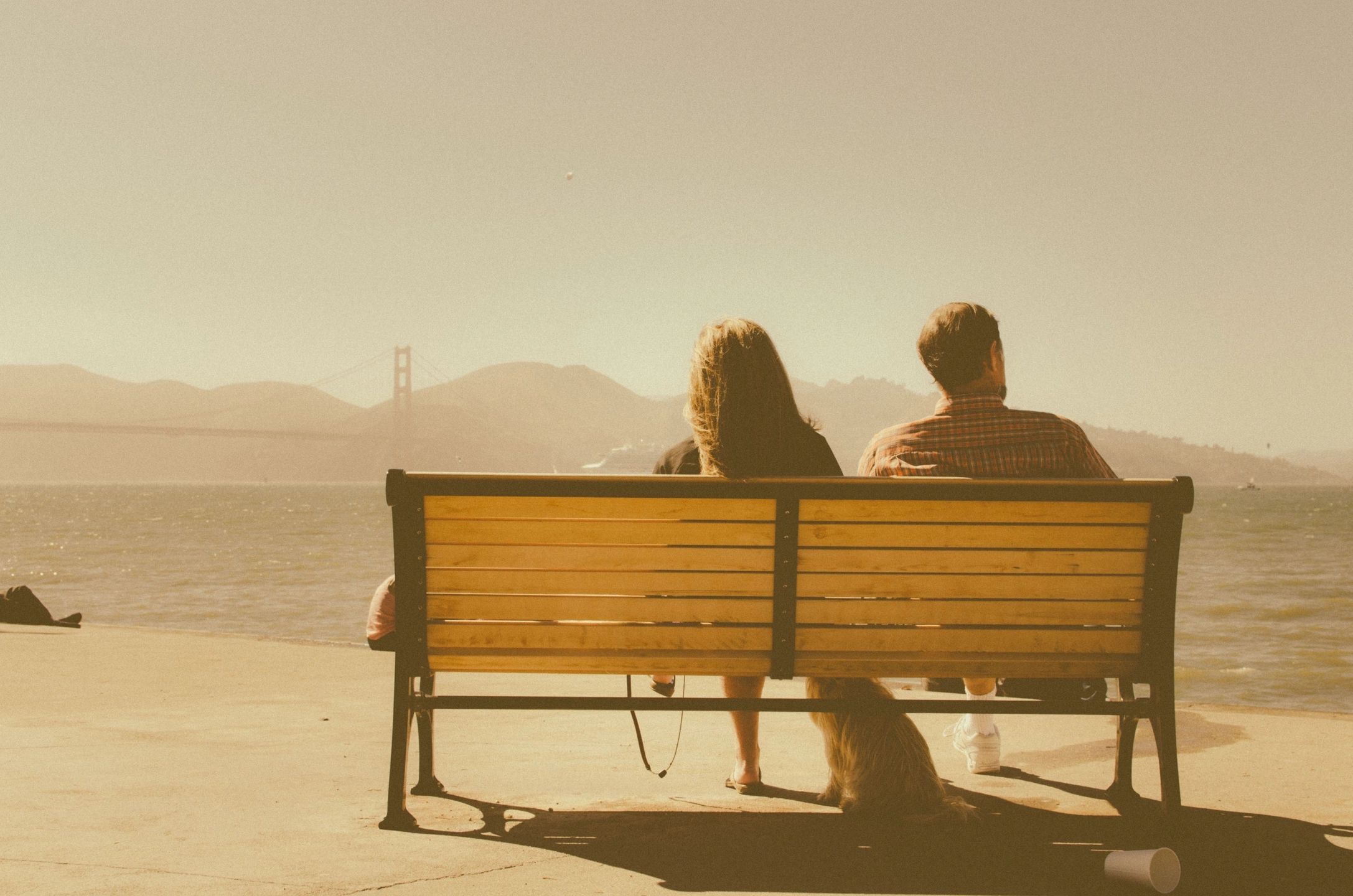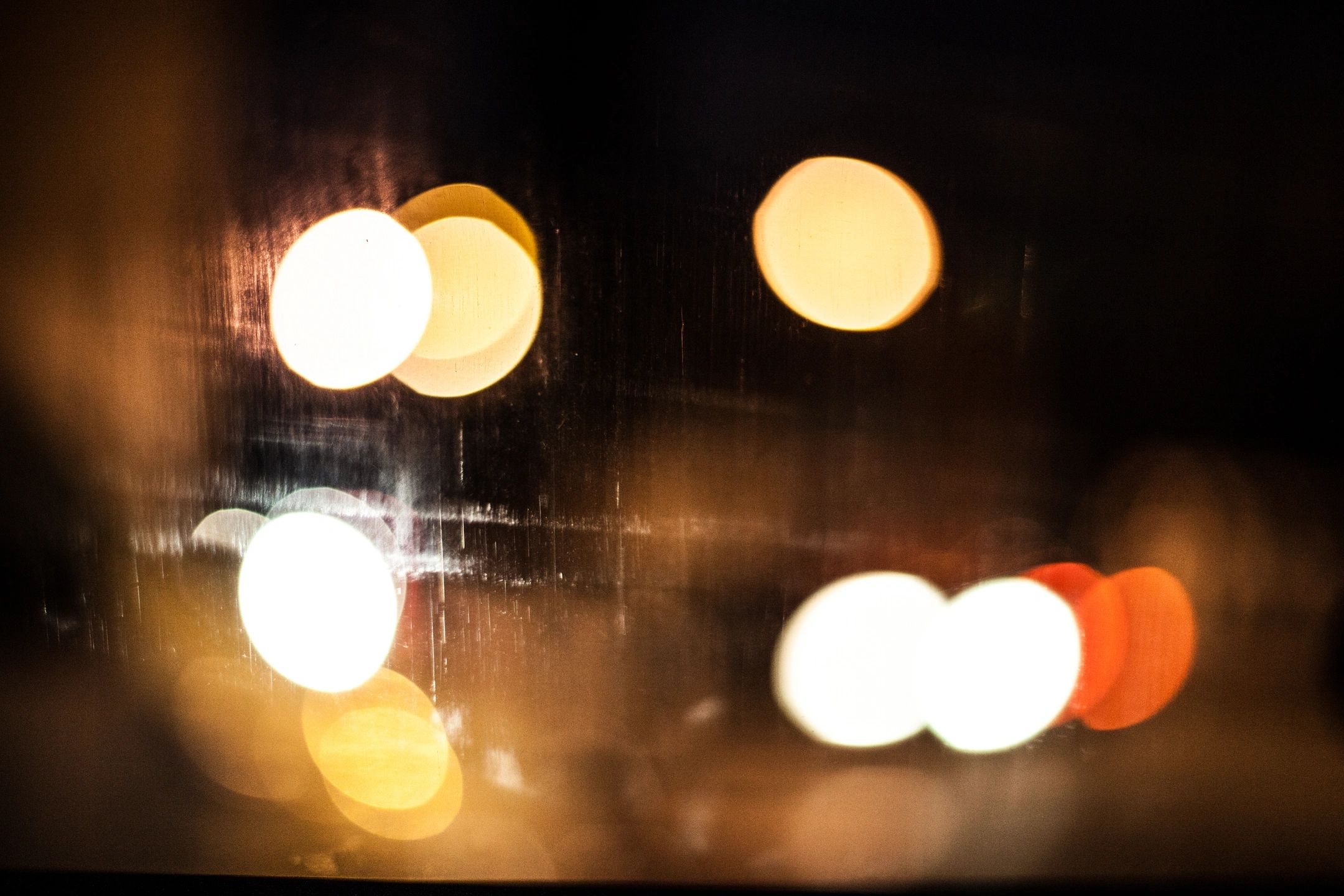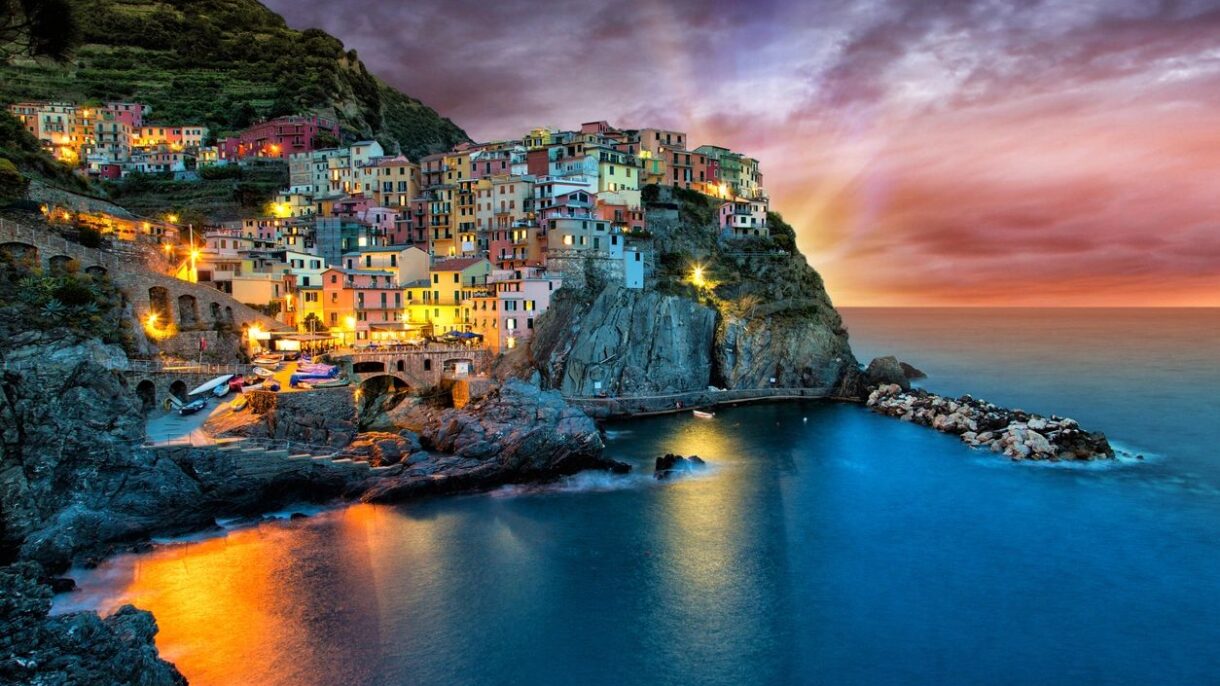
Balkon ( Sezai KARAKOÇ)
Original Version
Coordinator/ Human Translation
Machine Translation (Google Translate)
BALKON
Çocuk düşerse ölür çünkü balkon
Ölümün cesur körfezidir evlerde
Yüzünde son gülümseme kaybolurken çocukların
Anneler anneler elleri balkonların demirinde
İçimde ve evlerde balkon
Bir tabut kadar yer tutar
Çamaşırlarınızı asarsınız hazır kefen
Şezlongunuza uzanın ölü
Gelecek zamanlarda
Ölüleri balkonlara gömecekler
İnsan rahat etmeyecek
Öldükten sonra da
Bana sormayın böyle nereye
Koşa koşa gidiyorum
Alnından öpmeye gidiyorum
Evleri balkonsuz yapan mimarları
BALCONY
If a child falls, they meet their fate on the balcony,
Homes harbor the daring gulf of death.
The last smile fades from the faces of children,
Mothers, mothers, their hands on the iron of balconies.
Within me and in homes, the balcony
Occupies space like a coffin, Hang your laundry like a ready shroud,
Stretch out on your lounge chair, as if dead.
In times to come,
They’ll bury the dead on balconies,
Humans won’t find peace, Even after death.
Don’t ask me where I’m heading like this,
I’m rushing, running,
To kiss your forehead,
To question the architects who leave homes balcony-less.
BALCONY
If the child falls, he dies because the balcony
It is the brave bay of death
As the last smile disappears on your face,
Mothers, mothers, their hands are on the iron of the balconies
Balcony inside and in homes
Takes up as much room as a coffin
You hang your laundry, the shroud is ready
Lie down on your sunbed dead
In future times
They will bury the dead on balconies.
People will not be comfortable
Even after death
Don’t ask me where
I’m going running
I’m going to kiss your forehead
Architects who built houses without balconies
Critical Reading and Analysis: Çıraklı “A Modest Proposal for Critical Reading”
Sezai Karakoç penned "Balkon" in the latter 20th century amid Turkey's societal transformation from rural to urban. Born in 1933, he keenly observed the ever-changing landscape of architecture and the evolving values of society. The poem expresses nostalgia while thinking about how modernization has affected family ties, life, and death in our ever-changing world.
In the poem "Balkon", the story happens in houses with balconies, mainly in urban areas. The balconies symbolize life and death, and the poet talks about how they are like witnesses to what goes on. The poem shows the clash between old and new ways of living. The balcony becomes a stage where the poet talks about life, death, and how the design of houses affects people's experiences.
İkinci Yeni Movement
Equilibrium (Stability) → Disruption (Fatality) → Recognition (Grief) → Attempt to repair the damage (Coping) → New equilibrium (Speculation)
-Hope – Despair (“Humans won't find peace, Even after death.”)
